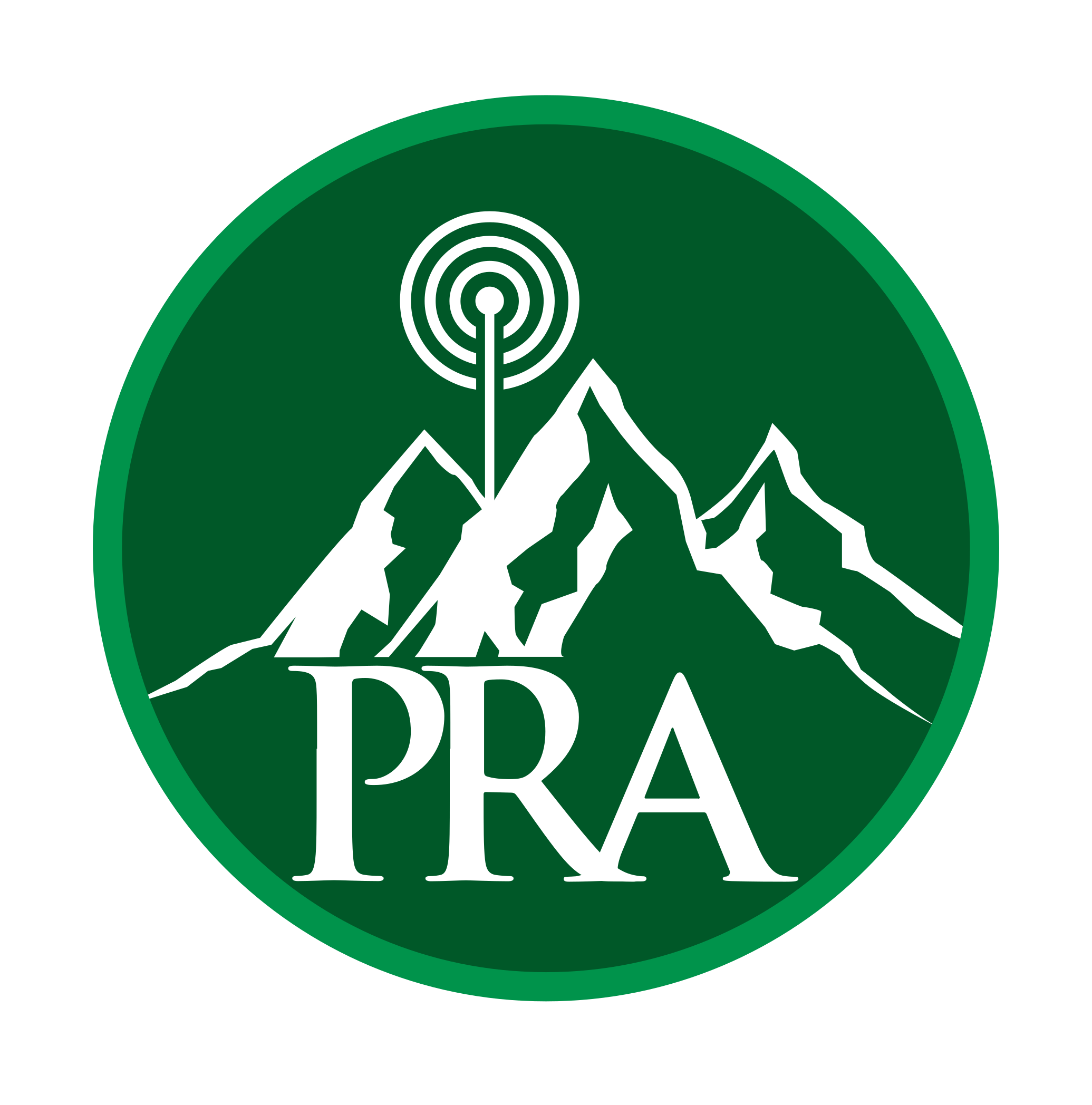PRA Facebook feed

541
Parker Radio Association
The Parker Radio Association is a group of amateur radio enthusiasts local to the Parker, Colorado area. Our Club Callsign is KØPRA.
Another amazing presentation underway by Peter-KC0DGM on WWII radio systems. We’re so thankful for members like Peter that share their time and talent to produce treasures for our Club! #hamradio
Hey everyone, just wanted to throw it out there that this weekend is Field Day in New Zealand. If you've been trying to get a ZL QSO in your log books now is the time. 73, ZL1KEG / N0KEG![]()
![]() nzart.org.nz/activities/contests/jwfd/?fbclid=IwY2xjawIls61leHRuA2FlbQIxMQABHaK9nAuogyXT3QNhYdZTC...
nzart.org.nz/activities/contests/jwfd/?fbclid=IwY2xjawIls61leHRuA2FlbQIxMQABHaK9nAuogyXT3QNhYdZTC...
Jock White Memorial Field Day | New Zealand Association of Radio Transmitters
nzart.org.nz
Jock White Memorial Field Day This annual contest is named to honour Jock White ZL2GX, NZART Contest and Awards Manager for over 40 years, for the service that he gave to NZART during that time. This ...
This past week, at our monthly Elmer Night, PRA members had the opportunity to build QRP wire antennas. Thanks to Brad, AB4BA, our members were supported through antenna basics, soldering, and winding toroids. Many other members of the Elmer Team were on hand to support the builders and support them in the build of their new antennas. #hamradio #getontheair
Did you know the PRA has an Emmy Award winner amongst its members that also holds more patents then most of us have in our DXCC count? Oh yeah, he’s also really into deep space exploration!![]()
![]() We’re fortunate to have an amazing #hamradio ambassador like Bill, WT0DX, that participates and shares his time and talent to produce so many treasures for the greater amateur radio community.
We’re fortunate to have an amazing #hamradio ambassador like Bill, WT0DX, that participates and shares his time and talent to produce so many treasures for the greater amateur radio community.![]()
![]()
Emmy-Winning Inventor to Deep Space Explorer: WT0DX's Ham Radio Odyssey
youtu.be
Bill Thomas WT0DX is a pioneer in digital communication technologies and a force in ham radio with a remarkable career spanning over 40 years. A prolific inv...
Kicking off the New Year right with a great presentation underway on NVIS antennas/fundamentals and EmComm Plans. Thanks to Paul-AC5S and Scott-NA0MT for their time and talents in helping us learn and implement these great elements in #hamradio
ARRL newsfeed

